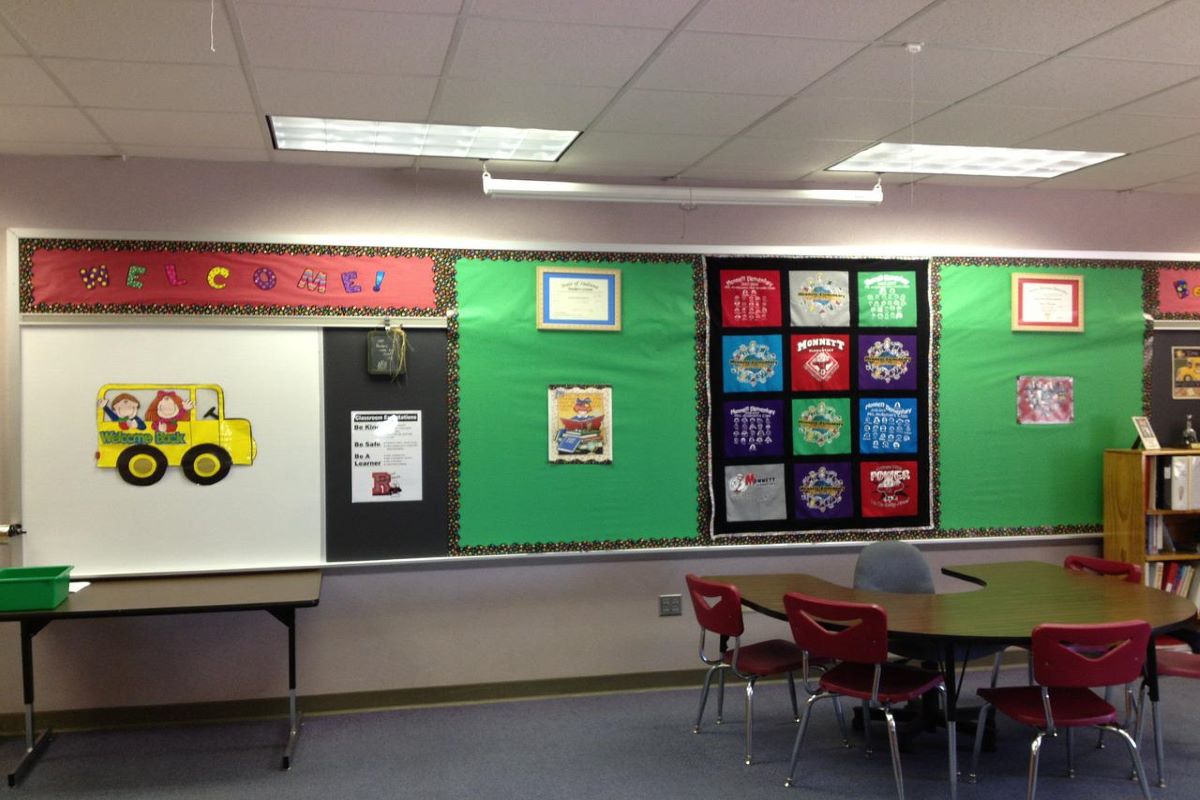How many weeks in a school year? Well, that’s a bit of a trick question. The answer depends on where you live and what you consider to be the “start” of your school year. In some places, they start in the spring — but not in others. And there are other factors that can determine how many weeks it takes your school to get going again after the winter holidays.
So how many weeks in a school year? The school year runs from September to June. A school year is usually made up of 180 days, that’s about 35-36 weeks.
The length of the school year varies according to the country. In some countries, the length of the school year is shorter than in others. Some countries, children have longer summers than others.
In most countries, there are two terms per year; autumn and winter terms. The autumn term starts in late September or early October and lasts until around mid-December. The winter term begins in late November or early December and lasts until around mid-March. The second half of the school year has less holidays than the first half because it ends earlier. In addition, many schools need to provide extra time for exams at this stage of their studies so they can prepare for them properly.
Average High School Tenure
Apart from asking how many weeks in a school year, people also ask about high school tenure. This is the length of time that the typical high school student spends in their academic career. The school year contains two semesters, which are often separated by a summer break. The length of the academic year varies by state, with some states requiring students to attend class for only 180 days in a row while others require them to attend classes for up to 250 days.
The first semester usually begins in mid-August and lasts until mid-December, when students will be taking final exams and preparing for winter break. During this period, students are required to take regular classes as well as electives, such as music or art classes. Second semester begins in late January or early February and concludes after spring break around Easter weekend (on March 22). Students then have time off for final exams before starting the third semester on April 2nd.
Teacher Training and Development
The average high school is 180 days long, with 10 allocated to teacher training and development. Students learn about the history of their city, their state, and the world at large in class. They also learn about math and science, which are integrated into their curriculum every day. Students are exposed to art and music classes as well.
The teachers are also trained in how to teach each subject in detail; they spend time on lesson planning and organization, as well as how to use different teaching methods.
You May Like This Article: Who Invented School?
Student Learning
The average high school is 180 days long, but the actual amount of time spent on learning varies from school to school. The first 170 days of the year are set aside for student learning, with an additional 10 days spent on student testing and preparation.
Summer Break
Apart from asking how many weeks in a school year, people also ask about summer breaks. The average high school summer break is 6 weeks. This is a significant change from the previous years, when many schools had 8-week breaks.
The shorter summer break has been shown to be an effective way to improve student retention in the fall, but it also has the potential to have a negative impact on academic achievement.
High School Year
A high school year has 2 semesters. The first semester lasts from August to December. It is the most important part of the school year and it is when you learn about history, geography, literature and other subjects. The second semester starts in January and ends in June, which is the summer vacation period.
Why is School Important?
School is important because it helps you develop the social, emotional, and practical skills that will allow you to live a successful and fulfilling life. School gives young people the opportunity to learn about themselves and their world, as well as how they fit into it. Schools can help students develop the tools they need to navigate through the challenges they’ll face in adulthood and beyond.
School teaches us how to think critically, solve problems, and communicate with others. It teaches us how to be productive citizens who take care of ourselves and others. Schools also teach us what we don’t know—which is invaluable information in an ever-changing world.
You May Like This Article: Who Invented Math?
Does School Help Build Social Skills?
Yes, school can help build social skills. School is a great place to learn about different cultures and make friends with people who have different backgrounds than you. You’ll also get the chance to try new things, like sports or music, which will help you build your self-confidence.
School also teaches you how to be a good citizen by helping you develop empathy for others and understanding where they’re coming from. You’ll learn how to listen and give constructive feedback as well as how to express yourself in a way that’s respectful of others’ feelings.
What Do Kids Learn From School?
Kids learn a lot from school. They learn to read and write, and they also get a lot of information about history, science, math, and many other subjects. The way that kids learn at school is very different from the way that adults learn. Kids learn by doing things that are fun and exciting. Adults usually learn by reading books or watching documentaries about things they don’t know much about.
School is a place where kids can meet other kids their age and play with them. This helps children get used to being around other people, which is important when they start to go to college later on in life!
Conclusion
The school year is unlike any other time of the year. Teachers have a new batch of students they need to connect with, engaging them and teaching them is a vital part of their job, and there’s an endless amount of things to do. Plus, the school has additional responsibilities, like setting up classes and juggling different schedules. It’s a busy time of year for all participants involved in the experience.
 Being Human
Being Human




